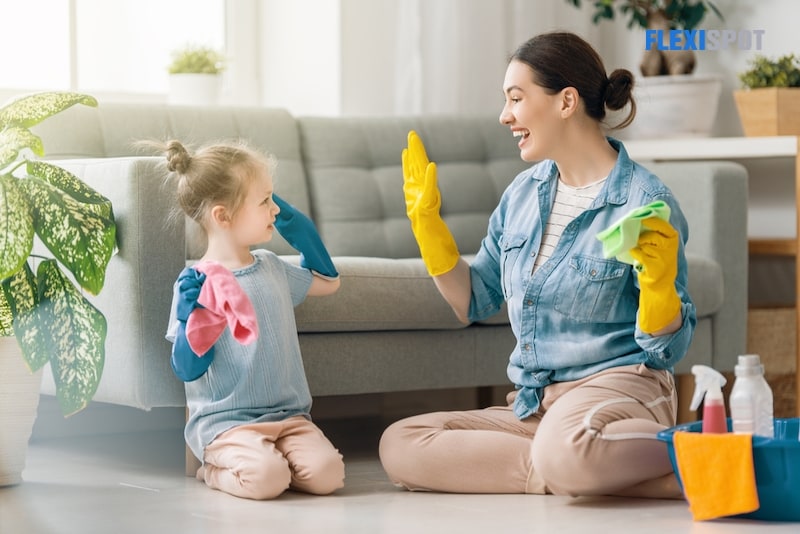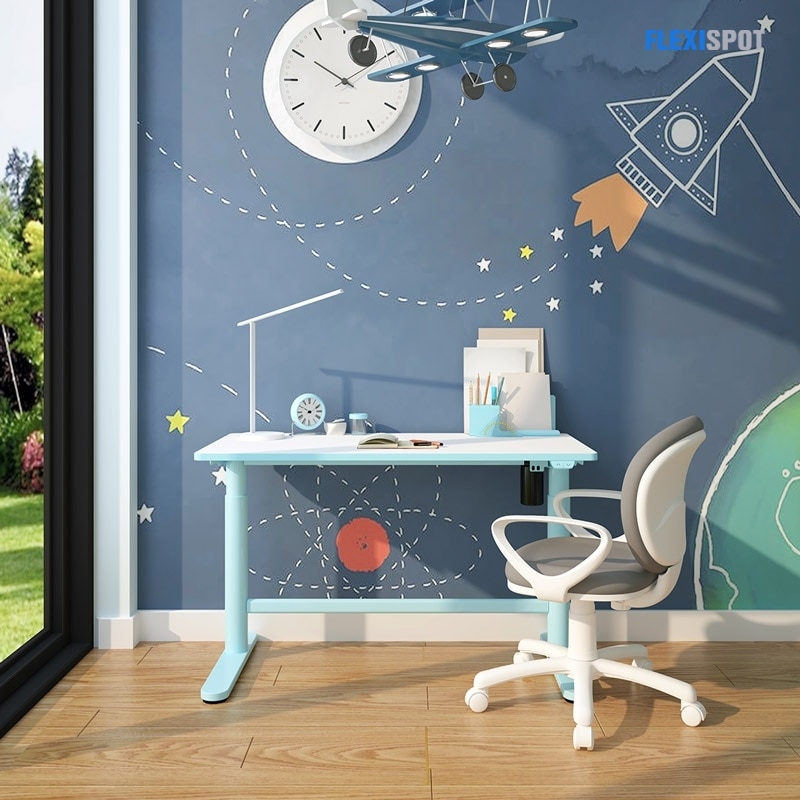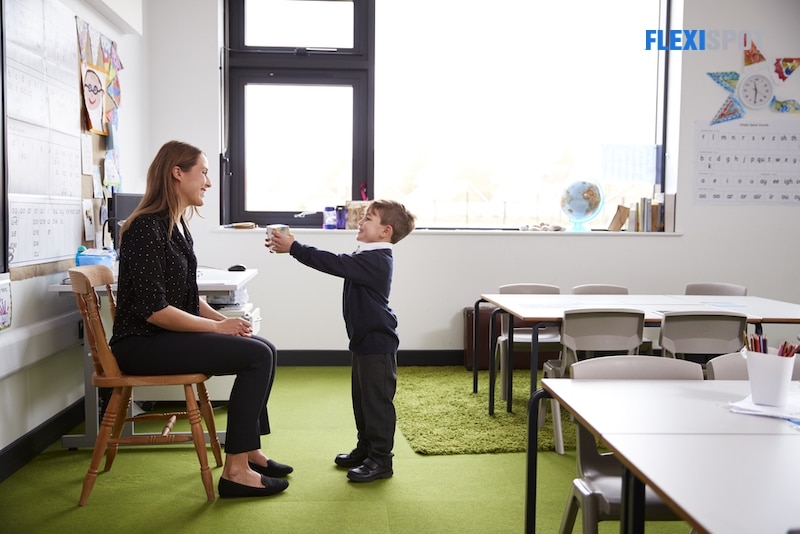The way you raise your kid is instrumental to knowing what his values would be when he becomes an adult. Yes, there are many factors that would shape the person that he will become, such as the people he would meet outside of the family or the media that he will get exposed to. Still, what you teach your children at a young age would stick to them and determine how they would behave when interacting with others.
One of the most important phrases to teach your kid is to say “thank you.” Because these two words are often up in the air, it’s easy for the phrase to lose meaning. But what you want to teach your kid by learning how to say “thank you” is a gratitude mindset---knowing how to say “thank you” not to make oneself appear as kind but to make others feel acknowledged and appreciated.
Why It’s Important to Teach Kids How to Say Thank You
A kid must know that there is value in saying “thank you,” as much as we teach them how to say “please.” Kids and parents alike should know that saying thank you doesn’t make one subservient or an inferior position. It simply makes one more empathetic and humble to say “thank you” even to the simplest of things. It is important to hone the ability to say thank you because it is also in that way do children recognize gratitude in others for something that they have done. Most often than not, anxiety and depression spring from feeling unloved and underappreciated. So when you raise a kid to say “thank you,” you are teaching them not only to be better friends but also to approach life with gratitude and contentment even for the littlest of things.
Here are some ways how you can teach your kid to say “thank you” and carry this grateful mindset:
1. Set an example.
Teach your kids how to say thank you by living life with the same approach---being grateful for everything, even just by having another day to wake up to or being surrounded by the most amazing group of family and friends.
The most effective way to set an example is to learn how to say thank you to your kids. Most parents think that kids are indebted or obligated to do chores at home that “thank you” isn’t required anymore. This teaches discipline, yes, but it doesn’t mean that a “thank you” would be too much. If anything, it will help your kid to feel appreciated and motivate them to do well in whatever it is they have to do. Saying “thank you” for the effort they put in would help reinforce the action and chances are, they will do it again out of their own will and love for you.
2. Teach the meaning behind saying “thank you.”
Most kids think that they should only say “thank you” when they like the gift or the action that they were given. The tendency is that they’ll only say thank you to the things they liked while failing to notice the effort the person put out for them. They say that “thank you” actually means “I acknowledge your effort to do something for me.” When they understand that this is the meaning of thank you, it would become easier for them to utter the words and mean it when they do.
3. Make your children grasp the feeling of being thanked.
Humans have this innate need to feel appreciated or acknowledged. Your kid will surely understand the importance of saying thank you when they remember how it felt to them when they received the phrase themselves. Talk to them and compare it to the feeling they got when their efforts went unnoticed or were not appreciated. This teaches kids the value of empathy and how a simple “thank you” can have a positive impact on someone's life.
Be extra and teach your kids how to go beyond just saying the words “thank you.” It can also be in the form of gifts or acts of service. With a FlexiSpot height adjustable ergonomic study desk, your kid can create an artwork or write a letter to express gratitude for something a person has done to them. The desk surface is spacious enough for any craft your kid may want to do. It is also waterproof and stain-resistant so you wouldn’t have to worry about limiting materials your kids can use for the “thank you” card or gesture. If they want to do it alone, you can also leave them to their own devices without having to worry about their safety. This desk has rounded edges, a child-proof frame with anti-collision, and a control panel that is easy to adjust if your kid wants to raise or lower the desk on his own.
4. Teach your kid to be thankful to the giver.
Again, it doesn’t matter if the kid likes the gift or not. It’s never about the material things; it’s more about the gesture and the person who gave it. It’s important that kids know how to say thank you because they are thankful for what the person has done to them. It will help for your kid to say “thank you” to the particular person if they have a genuine appreciation for them. There might be some things that this person does that annoy your kid but teach your children to look past that and to see how good these people actually are by seeing the value of their effort. Teach your kids as well how to say “thank you” the proper way. They should establish eye contact and probably mention how it’ll be able to help them in their lives.
Final Thoughts
Gratitude has four components according to Very Well Mind. These are (1) Notice, (2) Think, (3) Feel, and (4) Do. You have to ask your kid what in their lives do they notice they are most grateful for. Next is to make them think and ponder about the intention behind the gift. Ask them as well if it made them feel happy and what it did. Last is what they want to do after receiving the gift. How do they want to show their appreciation? And do they want to pay it forward because the gift made them feel happy?
Being able to understand their gratitude will help kids be more grateful and appreciative of others and their efforts for them.





